Effects Of AI(Artificial Intelligece) on our life
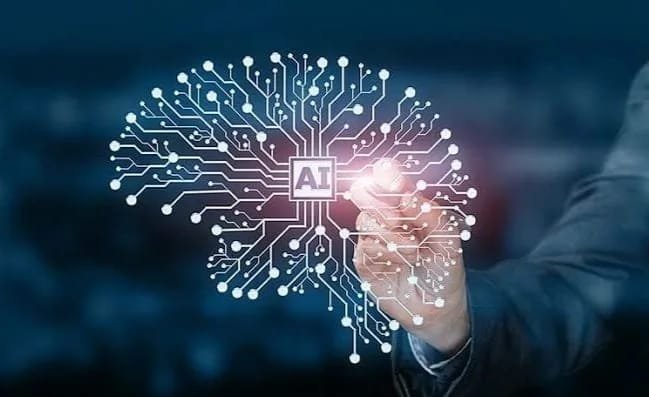
What is AI?
Artificial Intelligence (AI) is a branch of computer science focused on creating systems capable of performing tasks that typically require human intelligence. These tasks include learning, reasoning, problem-solving, understanding natural language, perception, and the ability to move and manipulate objects. AI is a broad field with numerous sub-disciplines, and it has significant implications across various industries and aspects of daily life.
#### Types of Artificial Intelligence
AI can be categorized into several types based on its capabilities:
1.Narrow AI(Weak AI)

– Designed to perform a narrow task (e.g., facial recognition, internet searches, or driving a car).
– Operates under a limited set of constraints and is not capable of generalizing tasks outside its specific domain.
2.General AI(Strong AI)

– Hypothetical form of AI that has the ability to understand, learn, and apply knowledge across a wide range of tasks, much like a human being.
– Currently, General AI does not exist, and all operational AI systems are considered Narrow AI.
3.Super Intelligent AI

– A level of intelligence that surpasses human intelligence across all fields, including creativity, general wisdom, and social skills.
– This concept is largely theoretical and the subject of significant debate and speculation.
Key concepts of AI
1.Machine Learning(ML)
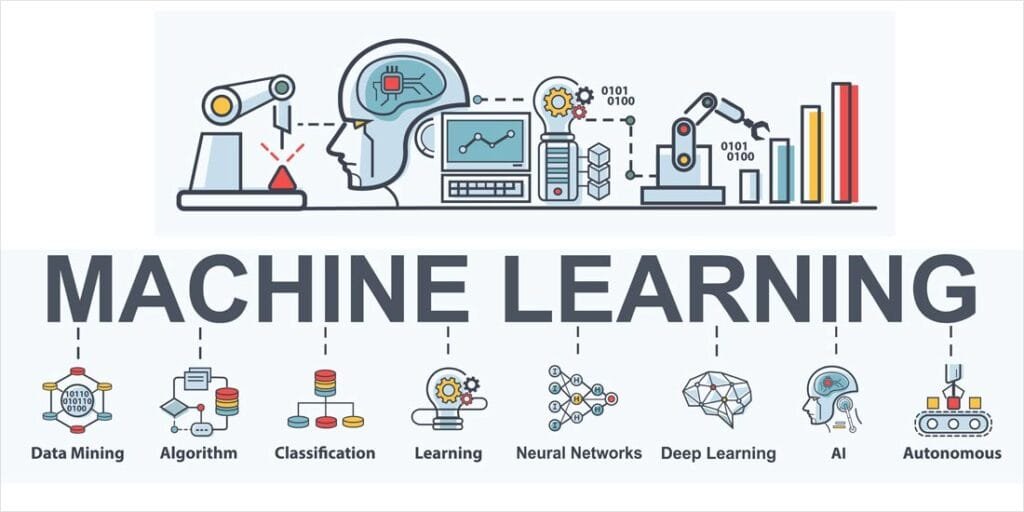
– A subset of AI that involves training algorithms to learn from and make predictions based on data.
– Includes techniques such as supervised learning, unsupervised learning, and reinforcement learning
2.Natural Learning Processing(NLP)

– Enables computers to understand, interpret, and generate human language.
– Applications include chatbots, language translation, and sentiment analysis.
.
Computer Vision

– Involves the extraction of meaningful information from digital images, videos, and other visual inputs.
– Used in applications like facial recognition, autonomous driving, and medical imaging.
Robotics

– The design and creation of robots that can perform tasks autonomously or semi-autonomously.
– Integrates AI for navigation, manipulation, and interaction with the environment.
Applications Of AI
1.Healthcare

– AI is used for diagnostic imaging, personalized medicine, drug discovery, and patient monitoring.
– Example: IBM Watson for Oncology helps doctors diagnose and treat cancer.

– AI algorithms are employed for fraud detection, algorithmic trading, credit scoring, and personalized financial advice.
– Example: AI-driven robo-advisors provide investment management services.
3.Automotive

– AI powers autonomous vehicles, enhancing safety and efficiency.
– Example: Tesla’s Autopilot system uses AI for self-driving capabilities.

– AI improves customer experience through personalized recommendations, chatbots, inventory management, and demand forecasting.
– Example: Amazon uses AI for product recommendations and optimizing supply chain logistics.
3.Manufacturing

– AI enhances predictive maintenance, quality control, and automation in production processes.
– Example: AI-driven robots in assembly lines improve efficiency and reduce human error.
4.Education
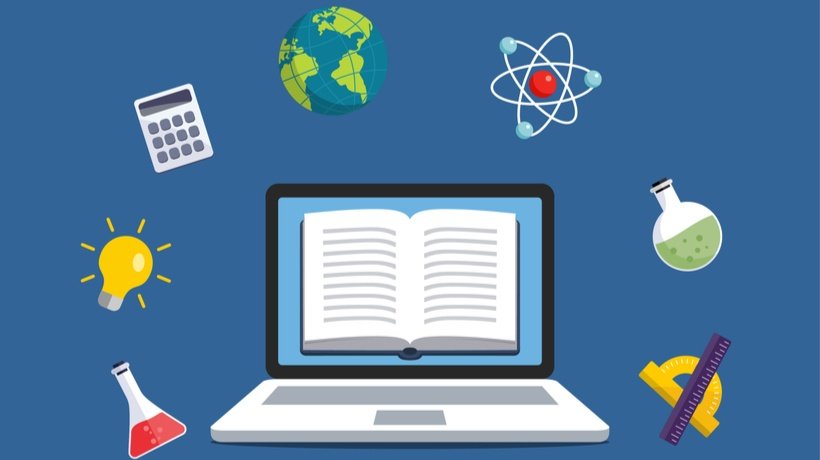
– AI provides personalized learning experiences, automates administrative tasks, and enables intelligent tutoring systems.
– Example: AI platforms like Coursera and Duolingo adapt to learners’ needs and preferences.
5.Entertainment

– AI is used in content recommendation, game development, and interactive storytelling.
– Example: Netflix uses AI algorithms to recommend shows and movies to users.
Ethical and Social Implications
1.Bias and Fairness

– AI systems can perpetuate or amplify biases present in training data.
– Ensuring fairness and transparency in AI algorithms is a significant challenge.
2.Privacy

– AI applications, especially those involving data collection and analysis, pose risks to personal privacy.
– Balancing innovation with privacy protection is crucial.
3.Employment and Job Displacement

– Automation and AI can lead to job displacement in various industries.
– There is a need for policies and programs to reskill workers and mitigate negative impacts.
4.Security

– AI can be used maliciously in cyber attacks, deepfakes, and autonomous weapons.
– Ensuring AI security and developing ethical guidelines are essential for safe deployment.
5.Accountability

– Determining accountability for AI decisions, especially in critical applications like healthcare and autonomous driving, is complex.
– Clear regulations and frameworks are needed to address accountability and responsibility.
Here we have learnt a few basic concepts of Artificial Intelligence(AI).We have to be aware about the “Revolution of 21st century.As we know that these large scale revolutions affect our economy.As majority of us earn as a job employee or a businessman.Let us find the effects of AI on businessmen’s as well as on employees:-
The Impact of AI on Businesses
1. Enhanced Efficiency and Productivity

AI technologies automate routine tasks, allowing businesses to operate more efficiently. For instance, AI-powered chatbots can handle customer inquiries 24/7, reducing the need for human intervention and enabling employees to focus on more complex, value-added tasks. This increased efficiency can lead to higher productivity and significant cost savings.
-Example: A company like Amazon uses AI in its warehouses to optimize inventory management and streamline logistics, significantly reducing delivery times and operational costs.
2.Improved Decision Making

AI systems can analyze vast amounts of data quickly and accurately, providing valuable insights for business decision-making. Predictive analytics, for instance, can help companies forecast market trends, optimize inventory levels, and personalize customer experiences. By leveraging AI, businesses can make more informed decisions that drive growth and competitiveness.
– Example: Netflix uses AI algorithms to analyze user data and predict viewing preferences, enabling it to recommend content that keeps users engaged.
3.Innovation and Competitive Advantage


AI enables businesses to innovate and create new products and services. Companies that adopt AI technologies can gain a competitive edge by offering unique solutions and improving their overall customer experience. For example, AI-driven recommendation engines enhance online shopping experiences by suggesting products based on user preferences and behaviors.
– Example: Tesla’s self-driving technology leverages AI to create autonomous vehicles, setting the company apart in the highly competitive automotive industry.

AI technologies, such as natural language processing and machine learning, allow businesses to offer personalized and seamless customer experiences. AI can analyze customer data to understand preferences and behaviors, enabling businesses to tailor their offerings and improve customer satisfaction. Chatbots and virtual assistants provide instant support, enhancing the overall customer experience.
– Example: Apple’s Siri and Amazon’s Alexa are AI-driven virtual assistants that provide users with personalized assistance, contributing to a better user experience.
5.Cost Reduction

By automating routine tasks and improving efficiency, AI can help businesses reduce operational costs. Automated systems require less human intervention, leading to lower labor costs. Additionally, AI can optimize supply chain management and reduce waste, further contributing to cost savings.
– Example: Coca-Cola uses AI to optimize its supply chain, reducing waste and ensuring efficient production schedules, which lowers operational costs.
6.Enhanced Security

AI technologies play a crucial role in enhancing business security. AI-driven security systems can detect and respond to cyber threats in real-time, safeguarding sensitive data and preventing breaches. AI’s ability to analyze patterns and anomalies helps identify potential vulnerabilities and take proactive measures to mitigate risks.
– Example: Banks use AI to monitor transactions for fraudulent activity, enhancing security and protecting customer data.
7.Talent Management

AI tools can assist businesses in talent acquisition and management. AI-driven platforms can analyze resumes, conduct initial screenings, and identify the best candidates for job positions. AI-powered training programs can also help employees upskill and stay competitive in an ever-evolving job market.
– Example: LinkedIn uses AI to match job seekers with potential employers, streamlining the hiring process and improving talent acquisition.
The Effect of AI on Employees
1.New Learning Opportunities

For job interns, the rise of AI presents new learning opportunities. Interns can gain hands-on experience with cutting-edge technologies, enhancing their skills and making them more attractive to future employers. Exposure to AI tools and applications can provide valuable insights into how businesses operate in the digital age.
– Example: Interns at tech companies like Google or Microsoft may have the opportunity to work on AI-driven projects, gaining practical experience and valuable skills.
2.Skill Development
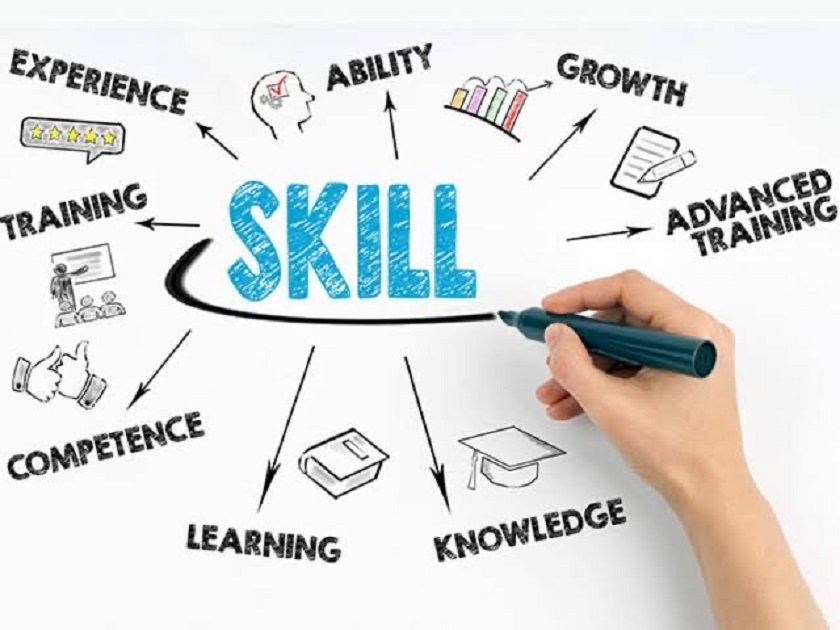
Interns working in AI-driven environments can develop valuable technical skills, such as data analysis, machine learning, and programming. These skills are highly sought after in the job market and can significantly enhance an intern’s employability and career prospects.
– Example: An intern at a financial firm might learn to use AI algorithms for market analysis, acquiring skills that are in high demand in the finance industry.
3.Reduced Opportunities for Routine Tasks

As AI automates routine tasks, interns may find fewer opportunities for performing basic administrative duties. This shift can be a double-edged sword: while it reduces the availability of traditional entry-level tasks, it also encourages interns to engage in more meaningful and challenging work.
– Example: Instead of handling data entry, an intern might be involved in analyzing data trends using AI tools, gaining more valuable experience.
4.Increased Focus on Strategic Projects

With AI handling routine tasks, interns can focus on strategic projects that require critical thinking and creativity. This shift can provide interns with more engaging and impactful work experiences, helping them develop problem-solving and project management skills.
– Example: An intern in a marketing department might work on developing an AI-driven marketing campaign, contributing to a project that has a significant impact on the company.
5.Job Displacement Concerns

One of the challenges interns may face is the potential displacement of entry-level positions due to AI automation. While AI creates new job opportunities, it also eliminates certain roles, particularly those involving repetitive tasks. Interns need to be proactive in acquiring skills that are less susceptible to automation.
– Example: An intern in a customer service role might see traditional tasks like answering common queries being automated, prompting the need to focus on more complex customer issues that require human intervention.
6.Adaptivity and Lifelong Learning
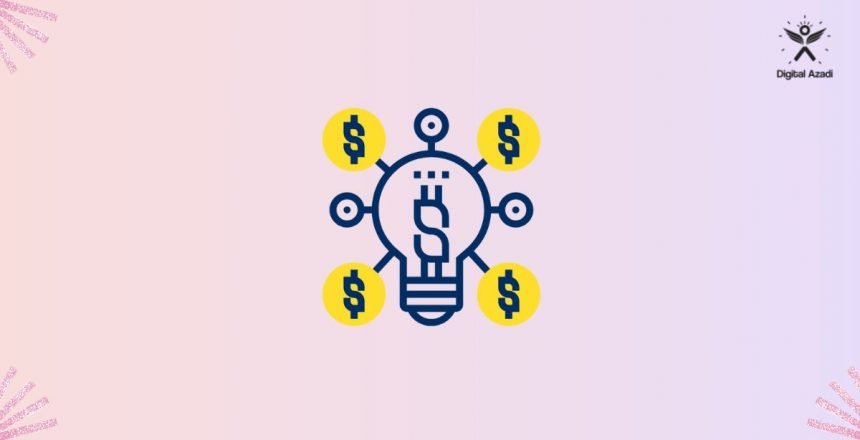
The rapid advancement of AI technologies underscores the importance of adaptability and lifelong learning for interns. Staying updated with the latest trends and continuously acquiring new skills will be crucial for interns to remain competitive in the job market.
– Example: An intern in a tech company may need to regularly update their knowledge about new AI frameworks and tools to stay relevant.
7.Enhanced Networking Opportunities
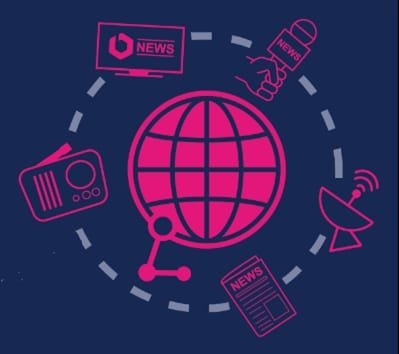
Working with AI-driven tools and platforms can provide interns with enhanced networking opportunities. Interns can collaborate with AI experts and industry professionals, expanding their professional network and gaining valuable insights into the industry.
– Example: Interns working on AI projects might attend industry conferences and meet-ups, providing opportunities to connect with professionals and experts in the field.
8. Ethical and Social Considerations
Interns may also need to consider the ethical and social implications of AI. Understanding the ethical challenges associated with AI, such as bias in algorithms and data privacy concerns, can help interns develop a holistic perspective on the technology’s impact.
– Example: An intern working on AI applications might engage in discussions about the ethical use of AI, learning about the importance of fairness, transparency, and accountability in AI development.
Conclusion
The impact of artificial intelligence on businesses and job interns presents a complex and multifaceted picture. For businesses, AI offers numerous benefits, including enhanced efficiency, improved decision-making, and innovation. These advantages enable companies to stay competitive and thrive in a rapidly evolving market.
On the other hand, AI presents both opportunities and challenges for job interns. While AI creates new learning opportunities and skill development prospects, it also necessitates adaptability and a proactive approach to career development. Interns must be prepared to navigate a dynamic job market and continuously upskill to remain relevant.
In summary, the rise of AI is transforming the business landscape and reshaping the nature of work for job interns. By understanding and embracing these changes, both businesses and interns can leverage the power of AI to drive growth, innovation, and career success. The future of work will undoubtedly be influenced by AI, and those who are prepared to adapt and learn will find themselves well-positioned to thrive in this new era.
DO FOLLOW-https://www.youtube.com/channel/UCfhRdXWdF—y3kL2hygjMA